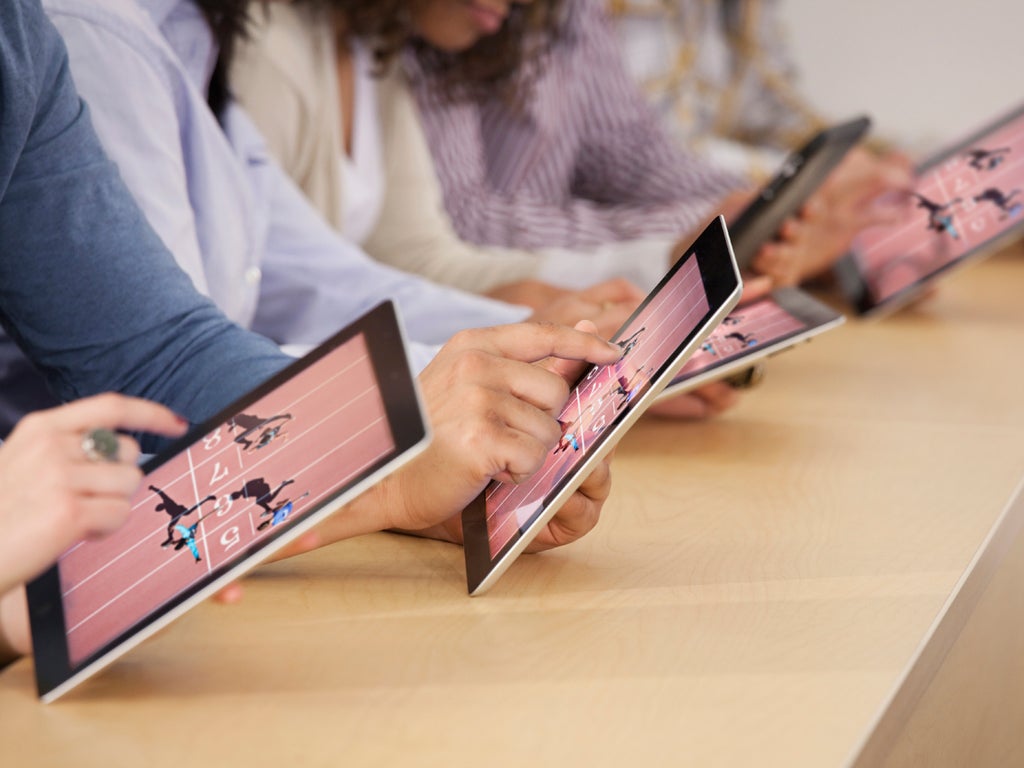Global Accessibility Awareness Day: Apple and other companies commit to help make computers easier to use for disabled people
Computers have made huge steps in recent years in helping people use them in other new ways

Your support helps us to tell the story
From reproductive rights to climate change to Big Tech, The Independent is on the ground when the story is developing. Whether it's investigating the financials of Elon Musk's pro-Trump PAC or producing our latest documentary, 'The A Word', which shines a light on the American women fighting for reproductive rights, we know how important it is to parse out the facts from the messaging.
At such a critical moment in US history, we need reporters on the ground. Your donation allows us to keep sending journalists to speak to both sides of the story.
The Independent is trusted by Americans across the entire political spectrum. And unlike many other quality news outlets, we choose not to lock Americans out of our reporting and analysis with paywalls. We believe quality journalism should be available to everyone, paid for by those who can afford it.
Your support makes all the difference.Apple and other companies are marking Global Accessibility Awareness Day, which aims to make technology easier use for people with disabilities.
The companies are taking the day to highlight their work in accessibility as well as running sessions to help people understand the special features that are built into their technology.
Global Accessibility Awareness Day is being marked for the fifth time this year. It’s intended to let people focus on the way that the technology they develop and design is made more accessible for people with disabilities.
Events are being run across the world to focus on the same technology, as they have been for each of the last five years. Those events are taking place in person as well as online.
Apple – which has been praised for its efforts to increase accessibility in the past – runs special workshops for people who want to make use of its tools. Those include special events focusing on vision, hearing and motoring skills across its platforms, including Mac, iPad and iPhone.
Some of those same workshops also highlight third-party technology. The company is running events for technology like the Skoog 2, for instance – a tactile cube that lets people play music on an iPad or iPhone – and focusing on other accessories like braille displays that allow people to navigate their iOS devices using touch, if they are visually impaired.
The company has a special accessibility section that features apps that make use of accessibility features – grouped around vision, hearing, speech, learning and literary, physical motor skills and Siri – as well as highlighting the tools and options that are built into its own products.
Like Apple, Google maintains a special part of its website where it makes sure that products are as accessible as they can be. That includes features like captions on YouTube – which allows people to easily add subtitles to their videos, and then edit them after the fact.
Subtitles of that kind are now rolling out across tech products – even in Twitter’s pictures. The site announced recently that it would be adding “image descriptions” across its apps, which allows people to write in special captions that can then be used by people with visual impairments to hear or read a description of what has been tweeted.
Join our commenting forum
Join thought-provoking conversations, follow other Independent readers and see their replies
Comments